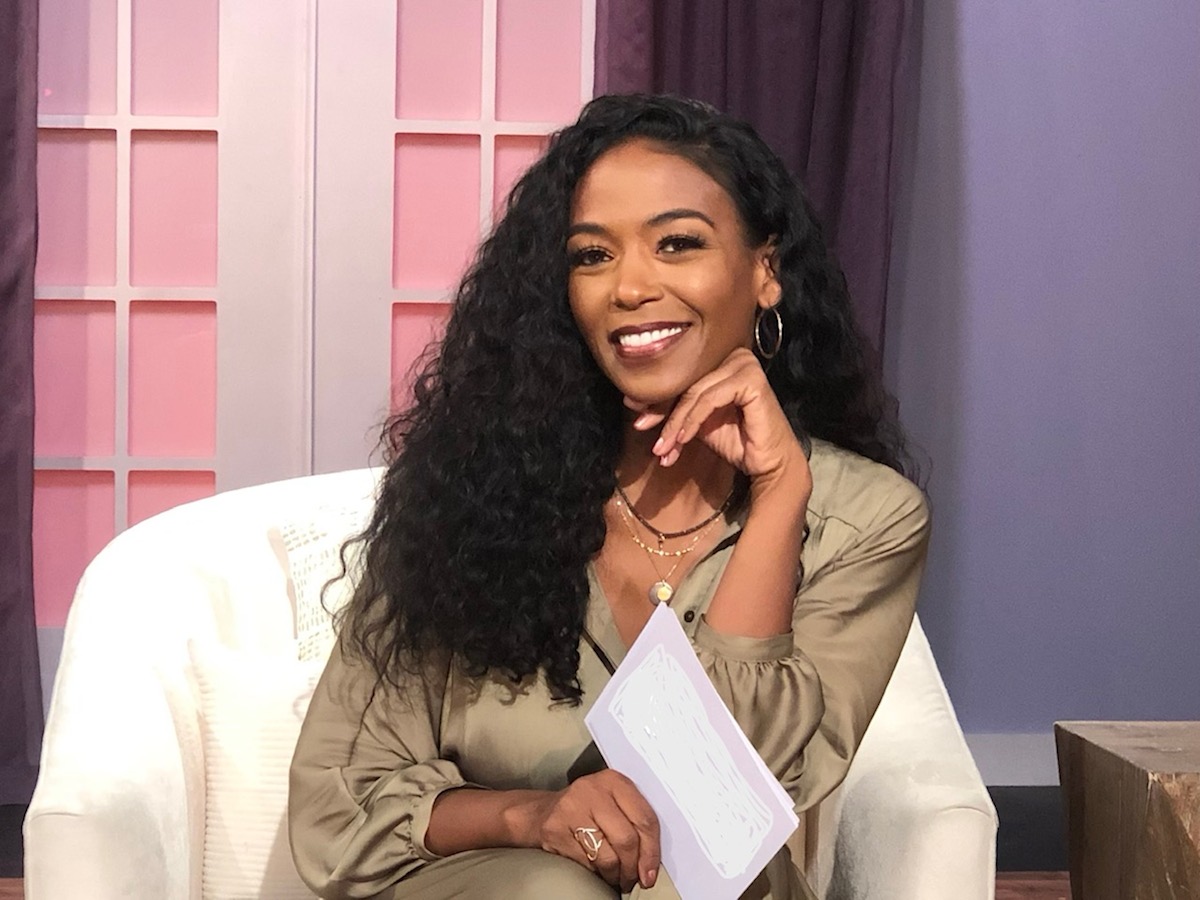How to Cope with Anxiety Around Sharing Your Diagnosis
- Former MTV veejay Ananda Lewis, 50, didn’t tell her family for nearly two years she was battling stage 3 breast cancer. She said she was too “embarrassed” to share. However, her desire to help other women helped encourage her to overcome the embarrassment.
- Before her diagnosis, she had never had a mammogram. She has since become an advocate for prevention and encourages women to schedule mammograms immediately. Experts encourage annual breast cancer screenings to begin at age 40.
- Cultural barriers sometimes interfere with a patient’s willingness to share their diagnosis. In some communities, feelings of shame and embarrassment prohibit patients from sharing. Psychologist Dr. Charmain Jackson tells SurvivorNet that we must continue addressing these cultural barriers to improve patient outcomes.
- Psychiatrist Dr. Plutchik tells SurvivorNet that people close to cancer patients should remember to be patient and respectful of their wishes when it comes to disclosing their diagnosis and seeking support.
Former MTV veejay Ananda Lewis, 50, says she was too “embarrassed” to tell her loved ones about her breast cancer diagnosis in 2019 after performing a self-breast check followed by a biopsy. A cancer diagnosis is a very sensitive matter, and coping with the diagnosis is an emotional task in itself. However, choosing to disclose such a piece of private information about yourself is equally challenging.

Lewis was a fixture on MTV and BET music channels during the late 1990s and early 2000s. The former TV host says when she found out she had breast cancer, she struggled to tell her family about it.
Read More“It was a huge relief. But it wasn’t easy to post that. I wasn’t sure what the feedback was going to be. I wanted to help other women by sharing the mistake I made,” Lewis said.
After revealing her diagnosis, Lewis’ cancer support group grew stronger as her loved ones rallied behind her.
“The response from them has been positive, understanding, and loving,” Lewis said.
Helping Patients Cope with a Cancer Diagnosis
Reluctance to Share Runs Deep Into the Culture
“We have to think about it through a generational lens,” psychologist and founder of InnoPsych Dr. Charmain Jackman tells SurvivorNet.
Dr. Jackman says within certain cultural circles – especially communities of color – a culture of silence exists regarding personal health.
WATCH: Sharing a diagnosis.
“Looking through a generational lens, when you got cancer, that was once considered a death sentence. There’s also an enormous amount of grief people are dealing with when they are diagnosed. We’re so used to putting on a façade to mask our own worries in favor of worrying about others. We also cannot neglect the history of the medical profession and how it negatively impacted Black people and people of color. We see that in mental health too, where we wait until it’s too late,” Jackman added, highlighting cultural reluctance within communities of color.
Jackman emphasized the need to meet people where they are and at ease as an effective tool to reach people needing critical healthcare information. She says a gynecologist visiting a church to share reputable details on women’s health and preventative screenings can go a long way to closing the racial healthcare gap.
When Is It Okay to Share?
Some people battling a disease or cancer are open to sharing their experiences as much as they can, while others prefer to keep it to themselves or close loved ones. SurvivorNet experts say both approaches, and everything in between, are valid.
“Patients who have just been diagnosed with cancer sometimes wonder how they are going to handle the diagnosis of the cancer in social situations,” psychiatrist Dr. Lori Plutchik explains.
Questions like “How much information should they share and with whom should they share the information?” are things Plutchik says patients take into consideration.
Dr. Plutchik explains, “There is no one right way to handle this diagnosis. People should do what feels right to them.”
Dr. Plutchik stresses that those close to a person going through cancer should be respectful of their wishes when it comes to disclosing their diagnosis and seeking support.
Ananda’s Ongoing Breast Cancer Journey
Ananda Lewis discovered she had stage breast cancer in January 2019 after performing a self-exam and found a lump. A biopsy later confirmed her diagnosis and revealed the cancer had spread to her lymph nodes.

Women are encouraged to do regular self-exams to become familiar with how their breasts feel normally, so when something unusual like a lump does form, it can be easily detected. A self-exam includes pressing your fingertips along your breast in a circular motion.
WATCH: Getting to Know Your Breasts with Self-Exams.
Interestingly, Lewis says her mom religiously received an annual mammogram. However, the former TV star had never had a mammogram before she was diagnosed with cancer.
The medical community has a consensus that women between 45 and 54 have annual mammograms. However, an independent panel of experts called the U.S. Preventive Services Task Force (USPSTF) is saying that women should start getting mammograms every other year at the age of 40, suggesting that this lowered the age for breast cancer screening could save 19% more lives. For women aged 55 and older, the American Cancer Society recommends getting a mammogram every other year. However, women in this age group who want added reassurance can still get annual mammograms.

Since Lewis’ diagnosis, she’s become a staunch advocate for women to get annual mammograms and early detection.
Lewis has chosen to bypass conventional cancer treatments, which is the standard of care. SurvivorNet experts strongly encourage breast cancer patients to follow the guidance from their care teams, who are likely to follow traditional treatment approaches as it is backed by science.
Learn more about SurvivorNet's rigorous medical review process.
